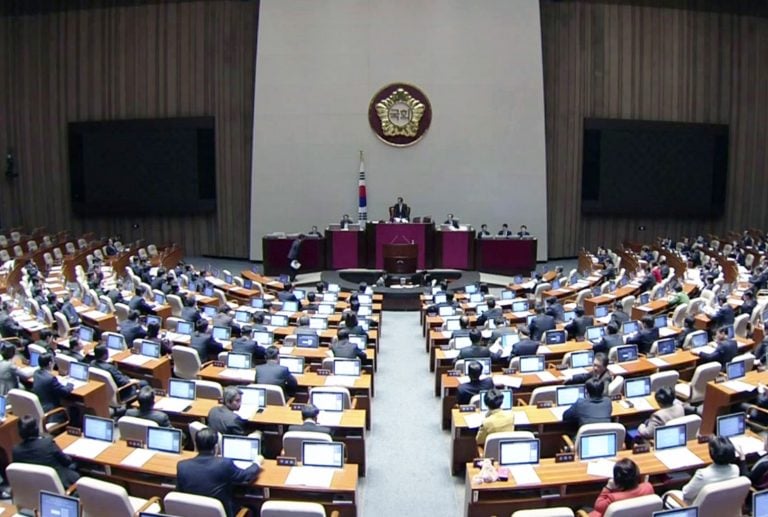
2021-9-14 15:58 |
Key takeaways
South Korea to shut down over 40 cryptocurrency exchanges for failure to comply with new regulations.Cryptocurrency crackdowns are reducing the impact of Asian countries on the cryptocurrency market.Other countries are benefiting from Asia’s continued witch-hunt of the sector.The cryptocurrency market in South Korea has been seeing a build-up of regulatory scrutiny that is approaching a climax that may see a lot of cryptocurrency exchanges shut down in the country.
The Financial Services Commission or FSC, South Korea’s financial regulator, has directed as many as 40 cryptocurrency exchanges in the country to shut down before September 24 for failure to meet the deadline for complying with new regulatory requirements.
In April, (FSC) Chairman Eun Sung-soo said about 60 cryptocurrency exchanges could face a shutdown unless they are registered as “virtual asset service providers” by the September deadline. The new rules are part of the country’s anti-money laundering (AML) law, the Financial Transactions Reporting Act (FTRA), which was amended last year to apply to crypto exchanges. Under the rules, cryptocurrency exchanges in the country are obligated to show evidence that they are operating using real-name accounts at South Korean banks.
The requirement has seemingly put the exchanges at the mercy of banks who have, for the most part, refused to engage in any risk assessment process for applicant exchanges. According to a local news outlet, Korea Economic Daily, so far, only the top 4 cryptocurrency exchanges in the country – Upbit, Bithumb, Korbit, and Coinone – have been able to meet the obligation. Banks in the country have been reluctant to tie up with the smaller exchanges for fear of being linked to illicit activities. These other exchanges have been contesting the requirement to no avail and may see time run out on them and have to shut down.
A Financial Times report notes that the shutdowns could wipe out as much as $2.6 billion that are tied up in smaller cryptocurrencies – named kimchi coins – in the country that are only traded on the threatened exchanges.
Regulatory crackdowns on the cryptocurrency industry are becoming endemic across the Asian continent. The Asian market has been known to have a key role in the cryptocurrency market as their entry or exit from the market used to be well pronounced. However, the continent’s influence on the crypto-market has been reducing although they still hold some sway as the crackdowns have not deterred investors but have created a grey market for digital assets. A CNBC report last year noted that in China, as much as $50 billion in cryptocurrencies was moved out of the country by investors dissatisfied with the country’s regulatory regime.
This is not the first time that the regulations have been made to curtail the industry. Crypto-exchanges that originated from the continent have in most part been driven away. In particular, Huobi and Binance which were started in China had to leave the country following crackdowns in 2017 on the sector. Similarly, OKEx, founded in Hong Kong, was also driven out of the continent by regulations.
Binance has gone on to become the biggest cryptocurrency exchange by trading volume and a global force in the industry. Huobi and OKEx are still very relevant in the cryptocurrency space. The Asian market, by driving out these exchanges, has forfeited benefiting from their success. The revenues from them could have impacted the continent’s markets, but that is not the case.
The story is similar to China’s treatment of Bitcoin miners. China was noted for being home to over 50% of the hashrate of Bitcoin miners. But the country has driven out the miners with its crackdown, effectively setting up other countries to benefit from the revenue these miners generate. Already, the U.S. and Kazakhstan have seen their share of Bitcoin mining hashrate increasing from 4.1% to 16.8% and increasing from 1.4% to 8.6% since the exodus of miners from China. Russia has also increased its share in global mining to 6.5%.
origin »Bitcoin price in Telegram @btc_price_every_hour
Global Cryptocurrency (GCC) на Currencies.ru
|
|




























